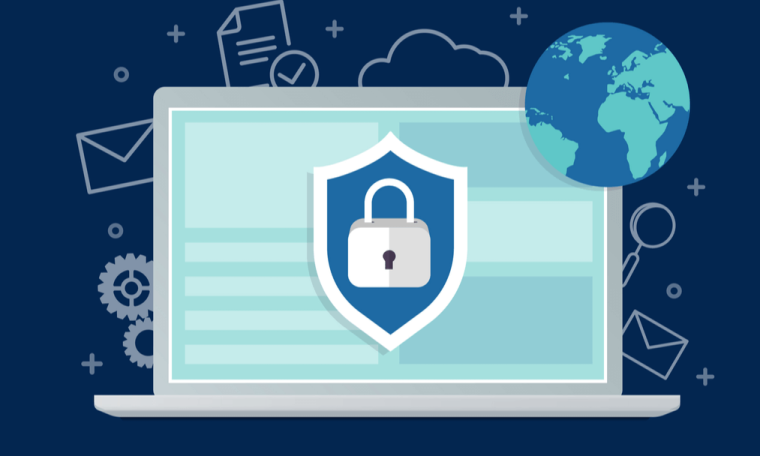
Today, people spend a lot of their time online. They use the Internet for work, fun, and communication. This means that a lot of our private data is collected each time we go online which can lead to some unpleasant situations.
To prevent this from happening, more and more people have started using applications that hide their identities and keep them safe when they use the Internet. Two of the most common ways the apps are used today are as proxies and VPNs. These two terms are used so often in similar circumstances that most people think they are one of the same.
In this text, we explain what are proxies, what are VPNs, and what are the main differences between them.
What is a proxy server?
The proxy servers commonly knowns as proxies act as the middle man when you communicate with for example a website. You see, when you visit a website, it gathers information about your IP address. Proxy serves to prevent this by showing the site their IP address instead of yours.
It is important to say that proxy serves work on the level of individual applications. The proxy server works only for the applications that it is set for and not all applications that you use. And while it hides your IP address it doesn’t encrypt your data.
Today, the three most popular types of proxy servers are:
- HTTP Proxy servers – this type of proxy server helps you to reroute your traffic to a web page/s. This means everything you send through the browser will go through a middle man
- SOCKS Proxy servers – this type of proxy server can be used for other things besides web traffic. They can handle more stuff than the one we previously mention but are also slower
- Transparent Proxy servers – this type of proxy server is usually used by the owner of the private network who wants to block certain websites or monitor the activities of the users on the website
As you can see, proxy servers can help you protect your data in a lot of situations and this is one of the reasons for their popularity.
What is a VPN?
Virtual Private Network also known as VPN is an application that allows people to reroute their traffic through different servers which results in their IP being hidden. This application works on a system level, which means it works on all applications that you use on the device on which the VPN has been activated.
Apart from hiding your IP address, the Virtual Private Network also encrypts the data that you send and receive while online. This means that third-party software can’t monitor your activities while you are on the Internet. Because of this, VPNs are considered the ultimate applications when it comes to privacy and security.
Are there any negatives?
Both proxy servers and VPNs are a great way to hide your online traffic, but you still need to be careful. Reputable proxies and VPNs will most certainly get the job done, but if you start using shady applications, it can have severe consequences. Instead of protecting your privacy, shady proxies and VPN can be used to collect your data and use it for fraudulent activities. So do you research and pick only the reputable ones.
Proxy server vs VPN
To summarise here are the main differences between proxy servers and VPNs:
VPN can encrypt your traffic, while proxy servers can’t, also VPNs work on a system level while proxy servers work on a single application level. Because of this, VPNs are known to be slower (because they have more work to do). When it comes to the financial side, reputable VPNs are usually paid while proxy servers are in most cases free. Finally, you will have a more stable connection with a VPN.
Can I use VPN when gambling online?
Well, this depends on the gambling operator. Nowadays most gambling operators don’t allow players to use VPN because they cannot verify from which country the player comes. For example, if you play lucky 7 game online, some sites will allow you to use a VPN but others can use this to ban your account if you can verify your country of residence.
To prevent this from happening, the best thing would be to check the site’s T&C and see if they allow players to use VPNs (or any third-party software for that matter). If you can’t find anything in the T&C, you can ask customer support to give you more information about the subject.
Conclusion
Both proxy servers and VPNs are a great way to be more secure while you are browsing the internet. With this said, be careful to find reputable proxies and VPNs because shady ones can cause you to leak your data instead of protecting it.



